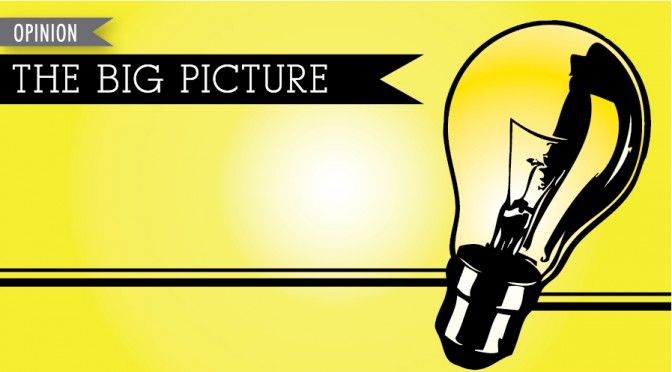
The joys of embarrassment
By: Annie Sragner, Associate Arts and Life Editor
Few feelings cut deep the way embarrassment can. Severe embarrassment can feel like a room full of hot eyes, critical of your cringe-worthy moment. We all have at least one life-changing embarrassing moment stored in our memory banks.
Embarrassment can show personal weakness to others, creating a vulnerable situation for the person enduring the shame. It also creates self-disgust toward the bad feelings we have experienced and never want to relive. Actions that cause adverse social tension often lead to regret, which can be lifelong and debilitating.
However, there are some benefits of embarrassment, such as self-preservation. When we experience negative consequences that embarrass us, we instinctually try to avoid those situations and actions in the future. Embarrassment helps us learn from our mistakes in order to dodge unpleasant feelings of vulnerability and humiliation.
Throughout history, humiliation has been used as a way to punish and correct others. From dunce caps to scarlet letters, public demonstration of wrongdoing has become a key part of punishment and dominance over others.
Watching the misfortune of others can sometimes be entertaining and pleasurable, which explains why slapstick-saturated shows like Jackass, Ridiculousness, Tosh.0 and countless other forms of entertainment, have always been popular.
Why is the joy of embarrassing others so widespread? The urge to make ourselves feel better by taking others down a peg is a dark part of human nature. Consider how often you take pleasure in the failure of others.
This phenomenon has become deeply rooted in culture. At a young age, we are encouraged to be the best in order to succeed. From birth to death, we are bound to a competitive nature in every aspect – from being the fastest sperm to getting better grades and careers than others. People thrive by surpassing others in life.
This is why people are often embarrassed to ask for help. Deep down, everyone experiences insecurity and embarrassment. How many times have you held in a question for later instead of asking it in front of a packed classroom? Imagine how much more information you would grasp if you weren’t distracted by the anxiety of bringing attention to your weaknesses.
If you see someone commit something truly embarrassing in front of others, remember empathy. Try to minimize their misery and help end the situation as quickly as possible. Channel your past experiences with embarrassment and do what you would want a bystander to do if you were in their situation. It is up to us to foster the morale of ourselves and others.

